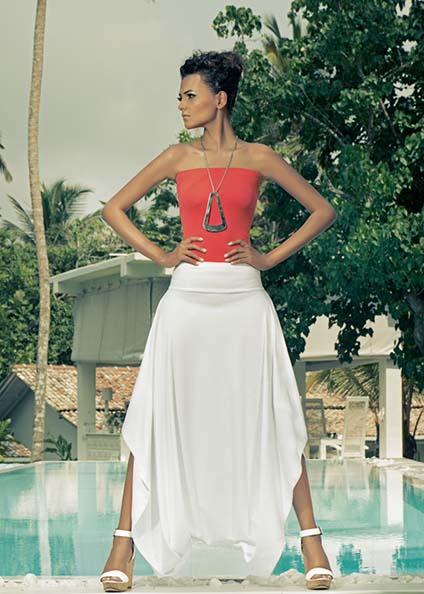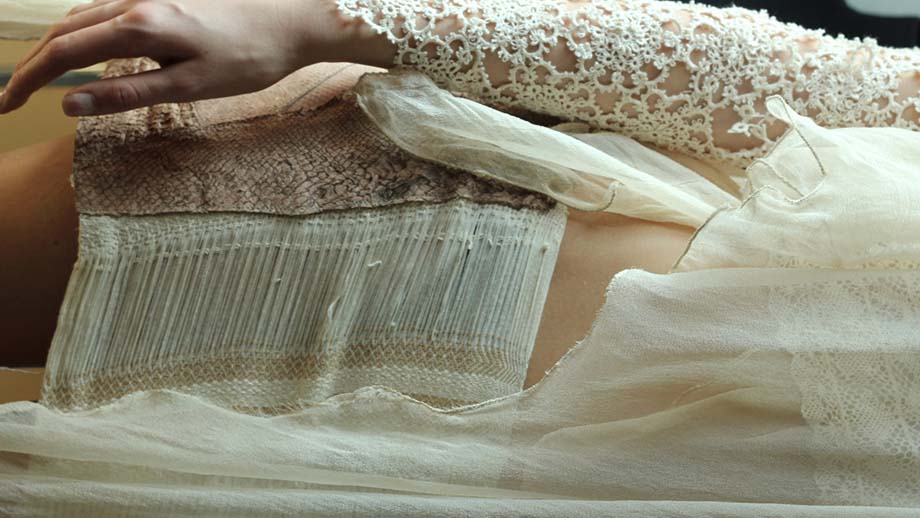Fashion is an outlet for the ideas and vision we have of the world. As such, awareness is the quintessential fashion must-have and Sri Lanka understands this well. As a country that has gone through many challenges, Sri Lanka has managed to turn fashion into a model of sustainability and its designers are emerging to the world as an example that the fashion industry can achieve a higher purpose that can even transform lives.
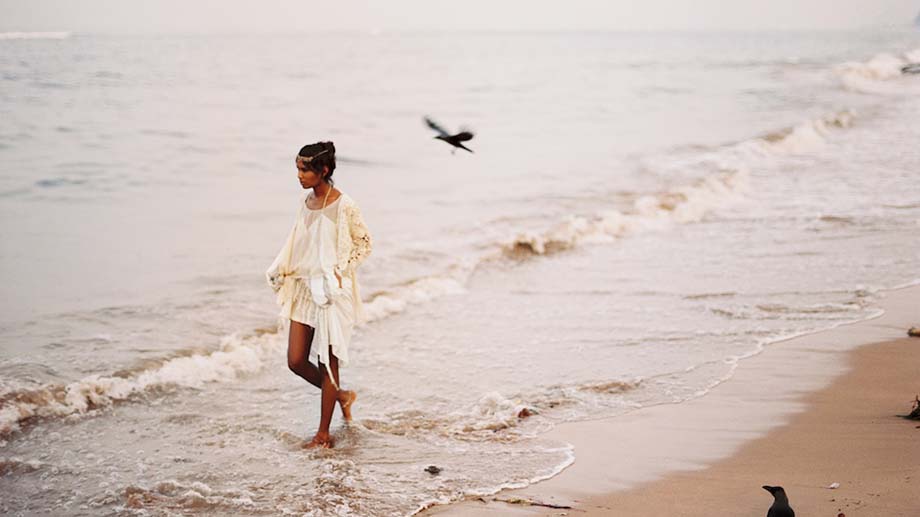
Sri Lanka: Fashion with Awareness
Menusha Gunawardhana, marketing consultant for Sri Lankan fashion in the UK and Europe, explains that the idea of sustainable fashion arrived to her country in the 2000’s. Since then, the apparel industry has increasingly understood that sustainability is not only good business, but also a great value addition for the future. Campaigns like ‘Garments without Guilt’ became a national success because they condemn unethical practices such as child labour and instead promote a greener path that is sociably friendly.
Since fashion design in Sri Lanka is relatively new, pioneering designers “were driven by individual aspirations and the local manufacturing industry”, explains Menusha. Today, the Academy of Design (AOD) in Colombo provides international fashion education and has been key in the expansion of Sri Lankan fashion to the world. While there are numerous examples of sustainable fashion labels, two of them have been particularly successful and a main feature of the Sri Lankan exhibition at the London Fashion Week 2013.
Khogy Brand
Using discarded fish skin from filleting factories, Khogy challenges preconceived ideas on consumption and inspires environmental action. Combining talents in logistical structures and design, Caroline Welwert and Jenny Welwert Gil create minimalistic garments and accessories made from fish leather. Turning discarded tuna fish into sophisticated fashion items not only requires a skilled technique but also a strong sense of community.
“We work with a fish factory outside Colombo that generates tonnes of waste of fish skin. We turn their waste into leather by letting our team from Sri Vimukthi women’s association in Negombo treat it and then take it to a local leather tannery that gives the hand tanned skins a professional finish before they are distributed to local artisans.”
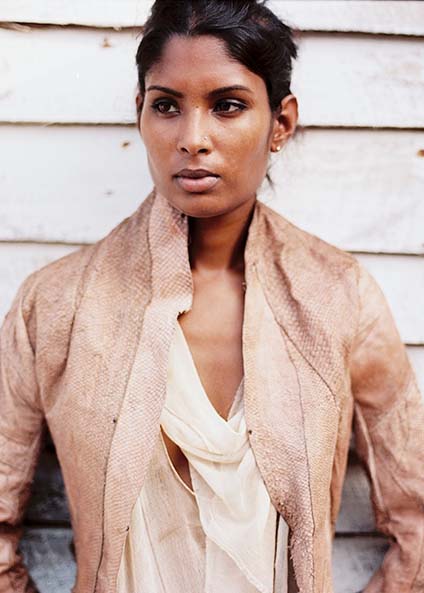
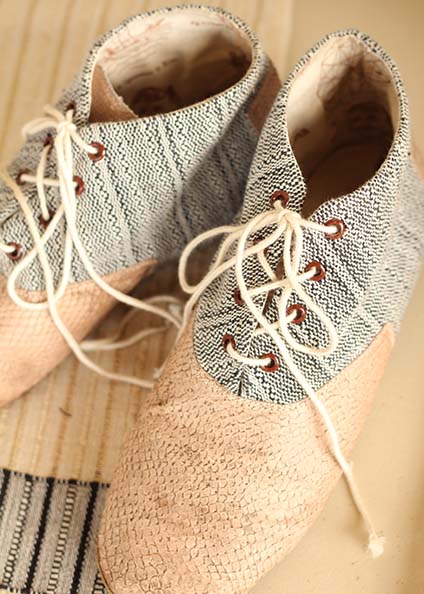
The final products are unique pieces that showcase the diversity in nature and the value of a wise use of our available resources. “I hope to encourage more designers to look differently at things we consider waste and discard and make it a creative challenge”, says Jenny.
Redcocoon Brand
Another brilliant example of sustainable fashion success is Redcocoon, Sri Lanka’s first sustainable fashion label that works with apparel industry waste to produce beautiful crochet-made pieces. Mihiri de Silva launched Redcocoon in 2010 by up-cycling fabric, thread, buttons, zips and interlining from factories that are ‘Garments without Guilt’ certified. At Redcocoon, even hangers are recycled.
As Mihiri explains, “Redcocoon works with a community of fishermen’s wives who work on a piece rate basis. They usually do not have a regular income until their spouses return from sea after weeks. Thus, working with them has uplifted their life in numerous ways”.
Moreover, Redcocoon leads two social initiatives. Through Young Gen T-shirts, Redcocoon encourages sustainable creativity in school children who design the graphics of the label’s t-shirts. The Asian Feel project converts used silk and cotton saris into contemporary modern dresses, expanding the life of pieces of up to 6 metres long. Without a wonder, these innovative ideas led Redcocoon to win the 2010 Ethical Design Award and got them shortlisted at the London Fashion Week 2013.
Sri Lanka’s example reminds us of the great impact that fashion can have when handled with passion, creativity, vision and awareness above all!
